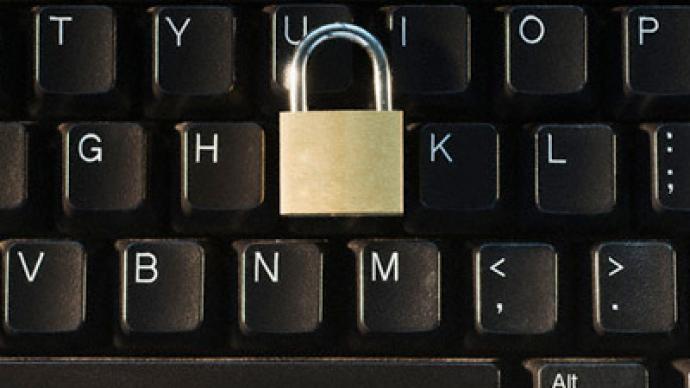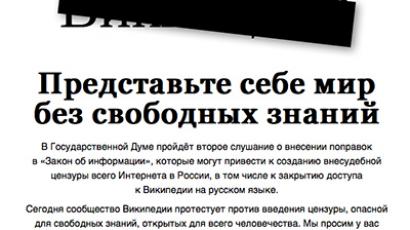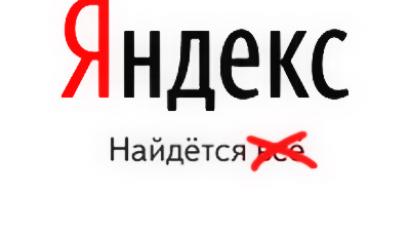Bloggers’ fear: Russian crackdown on illegal web content causes stir

Public discontent over a ban on popular websites in the Russian sector of the internet is skyrocketing. The new law allowing authorities to compel ISPs to cut off unwelcome websites may force web surfers to unite against the government’s initiative.
The federal law ‘On information, information technology and protection of information’ that came into force on November 1 empowered Russia’s Federal Supervision Agency for Information Technology and Communications to compose a blacklist of websites to be closed down.The uniform register of prohibited websites, officially confidential, is constantly expanding. The list unites porn resources, file-sharing communities, websites dedicated to drugs or containing related information, websites dedicated to terrorist activities, pedophilia etc. The Supreme Court of the Russian Federation in a recent ruling called to ban online casinos and to oblige providers to eliminate links leading to such web resources.The uniform register now reportedly consists of over 180 websites, some already defunct, others still operational. An interesting fact about how the Information Agency tracks ‘bad’ websites is that anyone can anonymously submit a URL or an IP of a web resource the informer believes poses a threat on the official website of the agency. The information will be verified and if prohibited material is found there, the website will be closed.The owners of large and popular web portals say they are ready to cooperate with authorities, deleting certain pages containing unwelcome information.For example popular file-sharing site Rutracker.ru was included on the black list for sharing the ‘Encyclopedia of Suicide’. The portal was forced to delete the offending file. As of Wednesday Rutracker.ru was no longer on the list.Another popular website, encyclopedia of modern culture Lurkmore.ru, was initially banned because of a vast page dedicated to drugs. The owner took the decision to ban access to the drug page and the website has been excluded from the blacklist. Some web surfers observed wryly that banning the drug page on Lurkmore.ru ‘definitely’ made the Russian internet a safer place now. But they also pointed out that the deleted page contained fierce critics of the Federal Drug Control Service of the Russian Federation, putting the service’s working practices and the results of their decade-long activities in a negative light.
RuNet surfers are currently busy discussing the fact that immensely popular internet library Lib.Rus.Ec has also been considered containing prohibited materials. Reportedly, Lib.Rus.Ec has been banned for having a text of ‘Anarchist’s cook book’, containing a recipe for hemp soup.At the same time the authorities refused to delete without a court’s decision the social network webpage of mass killer Dmitry Vinogradov, who shot dead six colleagues on November 7, because it does not contain porn, suicide or pedophilia materials. In reality, before going to the massacre, Vinogradov published on his page a ‘hate manifesto’, saying that he hated the human race. Since the mass murder the ‘manifesto’ has been read by many thousands of users, over 18,000 of which ‘liked’ the text.There are no signs that Russian web surfers are going to show the white flag and give up the free-for-all approach of the global web. Discussions on how to bypass the restrictions are hot and their general advice is predictable.Internet users propose actively using web-proxies, creating mirrors of the banned sites and changing IP addresses. Web surfers predict fast growth of illegal activities over the web as the result of introduction of the new restrictions, which open massive opportunities for web blackmail, fraud and trade of ‘illegal’ materials.Still, the internet users say, the uniform register of prohibited websites can be put to a proper use.“That’s marvelous. Now, after light editing out real s*** out of this, we have in the bottom line the ‘must see and read’ list of the RuNet,” bloggers say.














